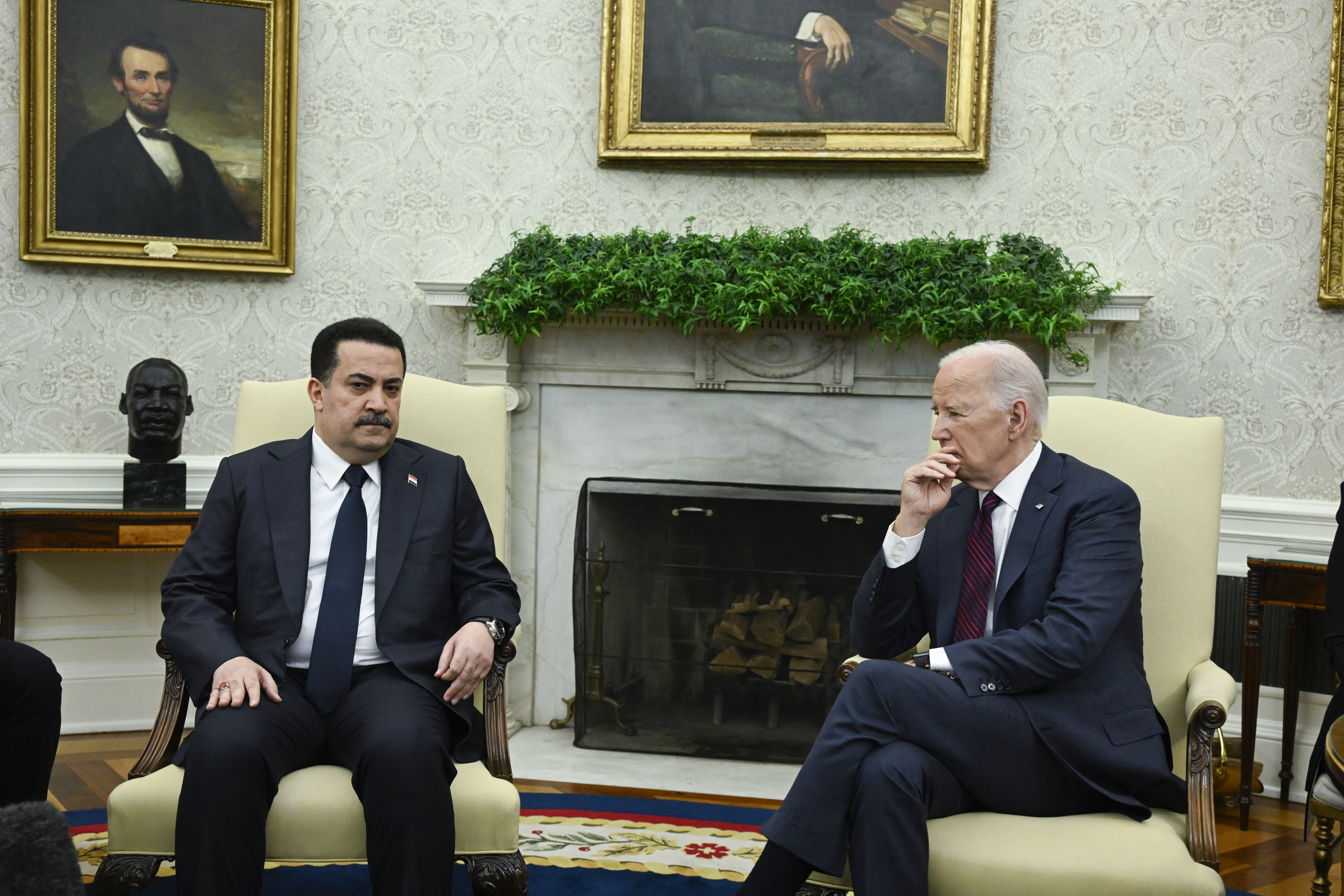France struck deal with Abu Nidal in 1980s: report

WASHINGTON DC (Kurdistan 24) – In the early 1980s, a branch of French domestic intelligence reached an understanding with the Palestinian terrorist group, the Abu Nidal Organization (ANO), according to a French newspaper.
From 1982 to 1985, Yves Bonnet headed the Directorate of Territorial Surveillance, a now-defunct organization within the French National Police. In January, he reportedly told a French judge that while he headed the agency, he reached an understanding with the ANO. If it refrained from further attacks in France, authorities would not pursue members of the terrorist organization, Le Parisien reported.
That understanding followed ANO’s Aug. 9, 1982, attack on a Jewish restaurant in Paris, which killed six people, including two Americans, and wounded another 22. The Le Parisien report appeared on the 37th anniversary of the attack.
The ANO was then based in Baghdad and supported by Saddam Hussein’s regime. In fact, Abu Nidal himself (his real name was Sabri Khalil al-Banna) had been the PLO representative in Iraq, when he began working in concert with Iraqi intelligence.
In 1974, al-Banna split with the PLO to form his own more radical and ruthless organization. Many ANO attacks were directed against Palestinian and Arab leaders, deemed too “moderate” in their attitudes toward the US, Europe, and Israel.
For the next nine years, al-Banna was based in Baghdad—until Iraq asked him to leave in 1983. Iran had gained the upper hand in what would prove to be an eight-year-long war between Iran and Iraq, and Iraq needed international support.
The 83-year-old Bonnet reportedly told the judge investigating ANO’s 1982 attack on the Jo Goldenberg restaurant, “We made a kind of verbal deal” with the organization, “in which I said I don’t want any more attacks on French soil and in return I’ll let you come to France, and I guarantee nothing will happen to you.”
The French government has denied the report, but Bonnet reportedly claimed that the chief of staff for then-president, Francois Mitterrand, was informed of it.
“It worked, there were no further attacks from the end of 1983 throughout 1984 and until 1985,” Bonnet reportedly said.
Indeed, ANO’s subsequent assaults occurred elsewhere, including the Dec. 27, 1985, attack on the counters of Israel’s national airline, El Al, in Rome and Vienna, which killed 18 people.
By then, the ANO had moved to Syria, where the Ba’athist regime in Damascus supported the terrorist organization—as the Ba’athist regime in Iraq had done before.
Ronald Reagan was the US president then. During his presidency, an intense debate emerged about the nature of terrorism: was it carried out by independent groups or was it state-sponsored?
The dominant view coming out of that debate was that major terrorist attacks on the US were basically state-sponsored. They were a form of proxy war, in which a weaker state could attack the US and hope to get away with it because it had plausible deniability.
Once that notion of terrorism was accepted, the US developed a list of state sponsors of terrorism, and such states were sanctioned and ostracized. Al-Banna enjoyed only a brief stay in Damascus before he was obliged, in 1987, to move again—to Libya.
Libya, however, got caught for its role in the Dec. 21, 1988, bombing of the US airliner, Pan Am 103, over Lockerbie, Scotland, in which 270 people died. International sanctions followed. Subsequently, Libyan President Muammar Qaddafi sought to rehabilitate his country, and al-Banna was obliged to leave Tripoli, and he returned to Baghdad.
Al-Banna died there in August 2002, as the US, following the 9/11 attacks, prepared for a war to oust Saddam. Baghdad claimed he had committed suicide, but the ANO denied it, charging that the Iraqi regime had murdered him.
In 2015, French authorities learned the identities of the three men involved in the 1982 attack: one lives in Norway, another in Jordan, and the third in Palestinian territory on the West Bank. But no party, so far, has complied with France’s extradition request.
Although the assault was decades ago, it remains very much alive in the minds of those who lost loved ones, and the French Association of Terrorism Victims has asked the French government to press more vigorously for extraditing the suspects.
Editing by Karzan Sulaivany

